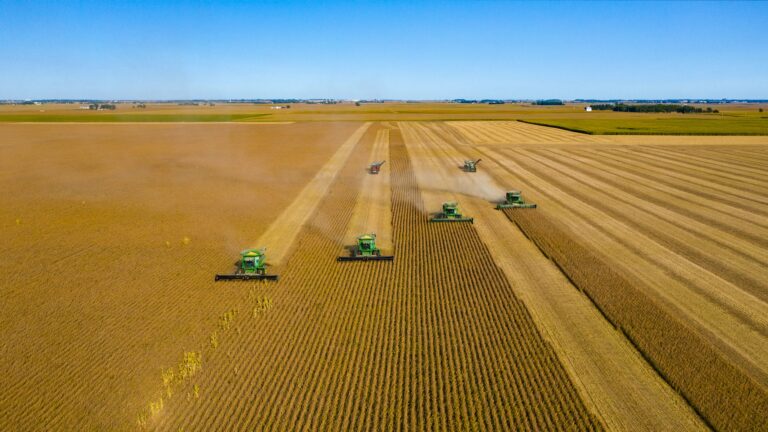Growth and adaptation to climate change in the long run

Download
As the climate is changing, the global economy is adapting. This paper provides a novel method of estimating how much adaptation has taken place historically, how much it has cost, and how much it has reduced the impacts of climate change.
The method is based on a model of long-run growth that identifies how household consumption and fertility preferences, innovation and land use enable the economy to adapt to climate change. The authors identify agriculture as playing a key role, because it is especially vulnerable to climate change and food cannot be perfectly substituted. To compensate for declining crop yields associated with climate change, the world economy has shifted resources out of other sectors and into agriculture. This has amplified loss of output in the rest of the economy and slowed down the process of structural change away from agriculture towards manufacturing and services.
The authors also use the model to estimate optimal future carbon taxation. Adaptation is costly, so radically reducing future greenhouse gas emissions, including through taxing emissions at a high rate, could improve social welfare substantially.
Key points for decision-makers
- How climate change has shaped the long-run development of the world economy is not as well understood as the impacts of short-run climatic fluctuations.
- The authors propose a new approach to estimating how climate change has affected the long-run development of the world economy, which is capable of identifying the role of adaptation mechanisms such as structural change, directed technical change, land-use change and demographic change.
- The method revolves around building a structural model of the world economy that has just enough structure to explicitly track these adaptation mechanisms. The approach allows the authors to construct a ‘counterfactual’ past, in which temperatures did not rise, so they can study how the global economy has already been affected by long-run changes to the climate.
- The authors estimate that the global economy has adapted to downward pressure on productivity from climate change such that the eventual loss of agricultural output has been much reduced.
- Conversely, the eventual loss of output in the rest of the economy has been amplified because resources have been shifted from the rest of the economy to agriculture, including capital, labour and R&D.
- While adaptation has significantly reduced climate damages in agriculture, the authors estimate that the welfare cost of climate change between 1960 and 2020 is equivalent to a permanent reduction of consumption in 1960 of 6% (but this estimate is subject to large uncertainty related to disagreement over how climate change affects crop yields).
- In using the model to make future projections, they conclude that it is optimal to tax global greenhouse gas emissions at a high rate, so that warming is well below 2°C in 2100.

